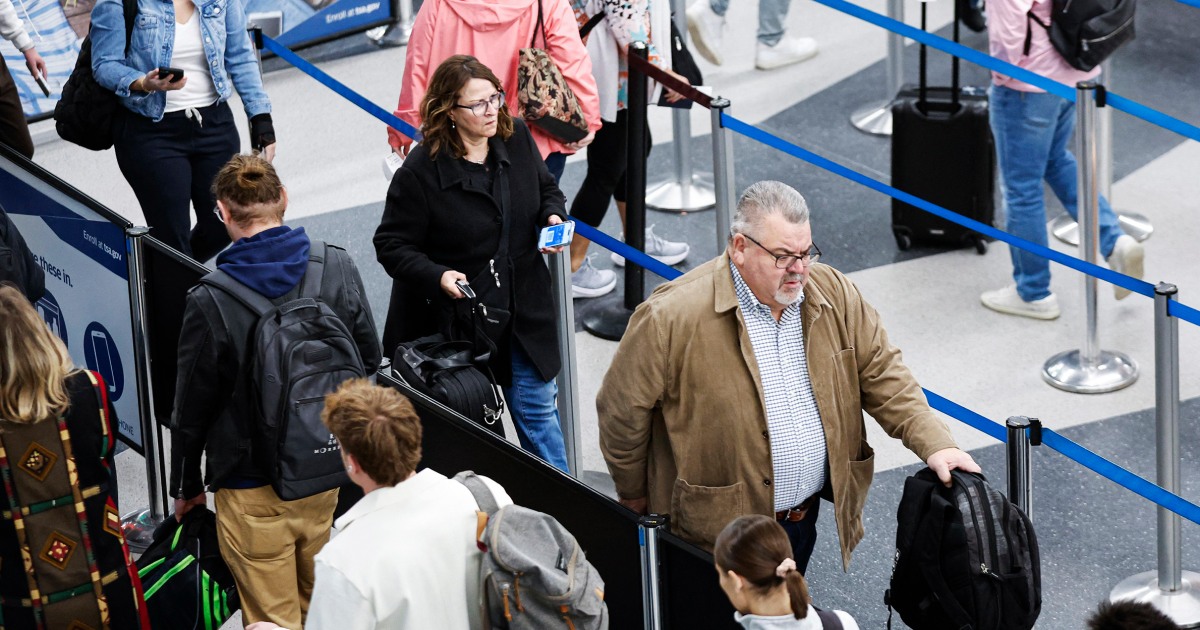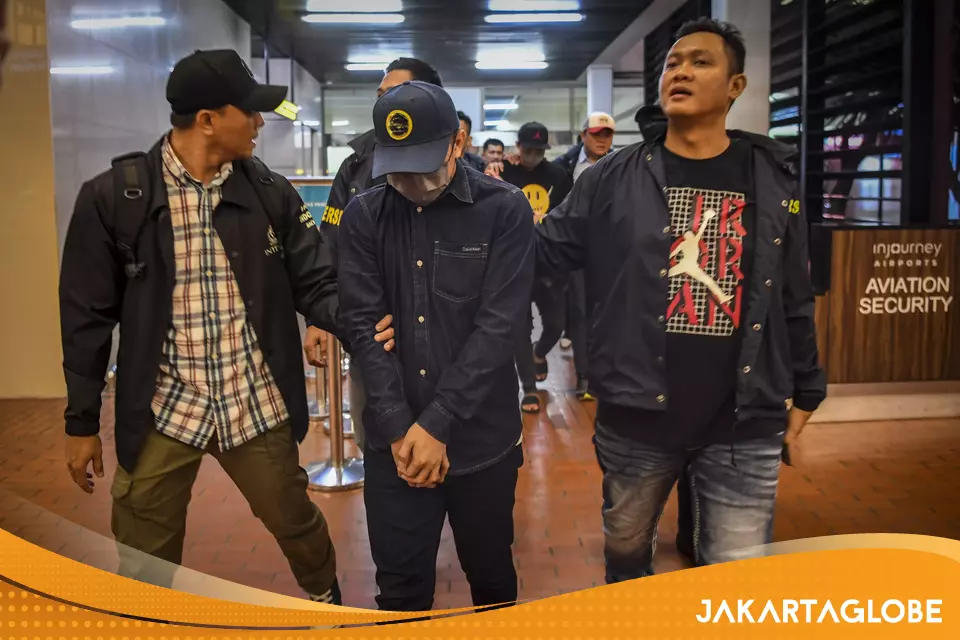Travel
Princeton, get practical with international student travel stipends

If I were to buy a round-trip ticket home for winter break today from Newark to London, the cheapest ticket would cost $940. By contrast, if I were to opt for the most convenient ticket and a direct flight, it would cost me $1,166 on United Airlines. Depending on the time of booking, the time of flight, and the demand for a specific flight, these prices can frequently be higher during the holiday season. These prices don’t take into account the added fee required for checking a bag each way, which varies by airline, and they also don’t include any form of travel insurance if the flight were to be canceled. Meanwhile, my travel stipend, which is supposed to cover two round trips home, comes out to less than $1,000 per semester.
For students on full financial aid at Princeton, our stipends are individually adjusted to incorporate a travel allowance, which is supposed to cover two round trips home. In this regard, I’m actually one of the luckier ones: my trip home, to London, is one of the cheaper international flights out of New York City. For some students, this amount is not enough to even cover a single round trip.
Princeton estimates that the cost of traveling to Princeton can range between $300 and $5,000. In an article published last January, undergraduates reported extensive travel costs, ranging from $2,200 — a round trip to Nepal — to well over $2,000 — a one-way ticket to Singapore — and $1,600 to $2,600 — a one-way ticket to Sydney, Australia — with at least one student explicitly noting that this was more than her travel stipend.
Naturally, there are many variables that factor into the University’s calculations for travel allowance and stipends, but the funds for low-income international students consistently fail to account for the full scope of the students’ travel needs. Moving forward, Princeton should work to conduct more thorough and comprehensive evaluations of student financial needs.
Beyond the bare essentials, the University’s travel stipend should strive to cover the full cost of two round-trip flights to a student’s home airport, and ideally, provide students with enough money to cover all costs related to travel — including food and extra transportation costs like train tickets or taxis. For many students, the journey home is not as simple as merely flying into an airport. Students who live in rural areas or students who cannot easily be picked up after their flight lands will require additional transport to get to and from the airport. Special focus and funds should be allocated to students from countries where it’s more expensive to travel and who may not be receiving enough money to cover even a single round-trip home.
As a low-income international student myself, I travel home at least twice a year. I consistently fly on the most basic economy ticket without a baggage allowance, often without a meal, and usually with at least one layover. However, I know other low-income international students who haven’t traveled home in over a year because their financial aid doesn’t cover the cost of their travel. Furthermore, there are some low-income international students who never travel home, due both to the inadequate travel allowance and to the high tax bill that we are expected to pay on top of it. We deserve better.
The way Princeton’s academic semester works, it’s often not possible to book the ideal, cheapest ticket. While it’s unclear how exactly travel stipends are calculated, the University should avoid conservative estimates, and should take into account the reality that many students will be booking tickets at times when the most convenient trips may no longer be within budget. Although final exam schedules were released earlier this semester than in previous years, they are still not issued with enough notice for students to book the cheapest possible ticket. The cheapest time to book international flights is between four and 10 months before travel, or between the months of February and August for a December flight. Accordingly, it’s unrealistic to give students financial aid that would cover two round trips home at the time when the award is calculated — instead, the University should give students more than enough money to cover multiple round trips throughout the year.
As one student suggested last winter, a solution could be to subsidize flights on a case-by-case basis. The administration could also offer students an amount that surpasses their calculated cost and then adjust in accordance to take back any money that went unspent. Alternatively, Princeton could have students buy flights and then submit for reimbursement requests after they have their receipts — even if this entails booking appointments with ODUS, as student groups must do, to use a credit card that belongs to the institution to pay for tickets that students aren’t able to front.
Princeton’s insufficient coverage of travel costs further compounds other expenses that low-income international students are already burdened with, including the tax burden on aid — which Yale covers, but Princeton does not — and uncovered technology costs. Committing to covering flights and travel entirely for international students could relieve the financial burden of having to earn enough money to support enrollment at Princeton and seeing one’s family. Some of us already work multiple jobs, and the maximum number of hours allowed under the F-1 student visa that most international students at Princeton hold is 20 hours a week. After our acceptance and enrollment, we were guaranteed four years of generous financial support and aid. Accordingly, we should be able to demand more from the University as it falls short. Princeton should commit to covering flights for low-income international students.
Asa Santos is a senior Anthropology major from London and São Paulo, minoring in Gender & Sexuality Studies and Global Health & Health Policy. Santos’ column, “Opening the Gates,” runs every two weeks on Mondays. All of Santos’ columns can be read here.









